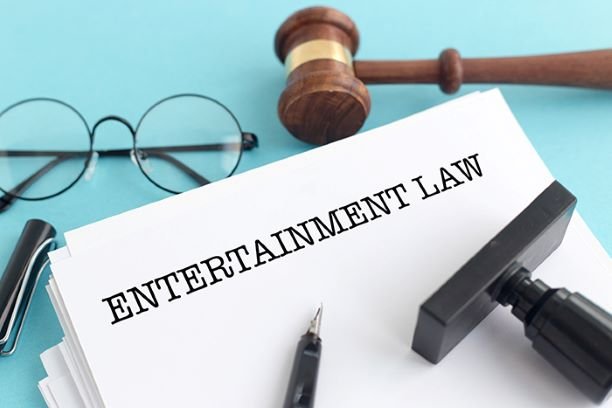Entertainment Law: Legal Aspects of the Music, Film, and Arts Industries

In the ever-evolving landscape of the entertainment industry, understanding the legal aspects that govern it is paramount. Whether you’re an artist, producer, or a business entity involved in music, film, or the arts, comprehending the intricacies of entertainment law is crucial for a smooth and successful journey. In this comprehensive article, we’ll delve deep into the multifaceted realm of entertainment law, covering everything from copyright and intellectual property to contract negotiations and protecting your creative endeavors. Learn from experts in the field by reading our insightful article: IPS Law UK
Copyright and Intellectual Property
One of the cornerstones of entertainment law is copyright and intellectual property protection. It’s the shield that guards the creative works of artists, musicians, filmmakers, and writers. Copyright law provides creators with exclusive rights to their works, ensuring they have control over how their creations are used and distributed.
1. Registering Your Copyright
If you’re a content creator, registering your copyright is the first step towards safeguarding your intellectual property. This not only provides you with legal protection but also allows you to take legal action against anyone who infringes on your rights. Registering your work with the United States Copyright Office is a prudent move.
2. Fair Use Doctrine
Understanding the fair use doctrine is essential. It allows limited use of copyrighted material without permission from the copyright owner. However, the lines can be blurry, and disputes often arise. Consulting an entertainment attorney can help you navigate these complexities.
Contract Negotiations
In the entertainment world, contracts are the backbone of all deals. Whether you’re signing with a record label, film production company, or an art gallery, the terms and conditions in your contracts will shape your journey in the industry.
1. Seek Legal Counsel
Before signing any contract, it’s wise to consult with an entertainment attorney. They can decipher the legalese, identify potential pitfalls, and negotiate on your behalf to secure favorable terms.
2. Royalties and Compensation
Understand the nuances of royalties and compensation. This includes royalties for music sales, streaming, and royalties in the film industry. Negotiate the best possible terms to ensure you receive fair compensation for your work.
Entertainment Industry Regulations
The entertainment industry is heavily regulated to protect the interests of both creators and consumers. Staying compliant with these regulations is essential for a successful career.
1. Music Licensing
Musicians and composers must understand the intricacies of music licensing. This includes synchronization licenses for film and TV, mechanical licenses for physical and digital music sales, and public performance rights. Violating these licenses can lead to legal repercussions.
2. Film Ratings and Content Guidelines
Filmmakers need to navigate the world of film ratings and content guidelines. Failing to adhere to these can result in limited distribution and even legal troubles. Understanding the Motion Picture Association (MPA) rating system is crucial.
Get to know about RLOS ICICI and how it enhance banking.
Protecting Your Creative Endeavors
In the entertainment industry, safeguarding your creative endeavors is a top priority. This encompasses not only your intellectual property but also your brand and reputation.
1. Trademarks
Artists and businesses should consider trademarking their names, logos, and slogans to protect their brand identity. A registered trademark offers legal recourse against infringement.
2. Public Relations and Crisis Management
In the age of social media, public image is vital. Be prepared to handle public relations and crisis management effectively. Hire a professional publicist or crisis manager if necessary to mitigate damage to your reputation.
Conclusion
Entertainment law is a complex and dynamic field that plays a pivotal role in the success and protection of individuals and entities in the music, film, and arts industries. By understanding copyright, contract negotiations, industry regulations, and the importance of protecting your creative endeavors, you can navigate this intricate world more effectively. Remember, consulting with an experienced entertainment attorney is always a wise decision to ensure you’re on the right legal path.




